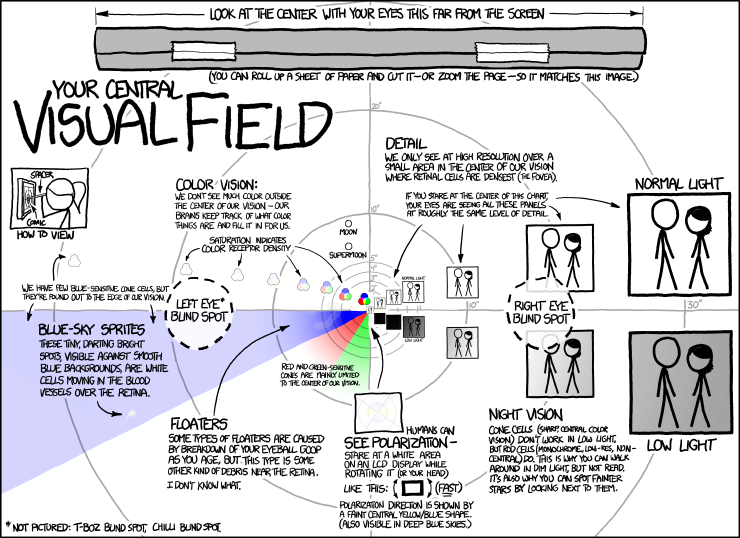The authors went into nine K-8 schools in Chicago Heights, a city 30 miles south of Chicago, and randomly selected teachers (who had to consent, which 93.75% did) to take part in a merit pay scheme. The students affected were overwhelmingly low-income, with 98% receiving free or subsidized lunches. Teachers in the experiment were offered $80 per percentile improvement in student test scores, for a maximum reward of $8,000, compared to a typical teacher salary of $50,000.The authors split teachers in the study into a control group, who were not offered any rewards, a "gain" group, which was promised rewards of up to $8,000 at the end of the school year, and a "loss" group, which was given $4,000 upfront and asked to pay back any rewards they did not earn. The idea behind the latter group was that loss aversion should motivate teachers to perform better than they would if they only stood to gain more money. Additionally, the gain and loss groups were split, with a "team" group being rewarded on the basis of theirs and fellow teachers' test scores, and the "individual" group being reward only on the basis of their own scores. The conclusion: it worked, and it worked almost twice as well when the money was given at the start and then taken away:

For more, see Does Teacher Merit Pay Work? A New Study Says Yes. by , July 23, 2012 at Wonkblog.














